Raising Resilient Kids: Our Founder’s Take on How to Raise Healthy + Happy Kids
Motherhood is a big responsibility. As much fun as it is being a mom of three, it's also something that takes a ton of intention and commitment. I believe we’re called as parents to steward our kids into the healthiest and most vibrant versions of themselves.
For me, this has to start with what’s fueling their bodies, minds, and souls. I want my kids to look back and feel proud of the choices I made for them and their own choices as they grow into who God designed them to be.
Corporations (and marketing at large) treat our kids as a free-for-all. From the physical aspects like diet to their growing minds, attention spans, and developing personalities – the goal is to make money, not enrich our children. These corporations use marketing tactics, (including utilizing paid influencers on social media!) to take advantage of overwhelmed or well-intending parents looking for help in their parenting journey.
On top of that, our connection with our kids is becoming severed as they spend more time on devices. Many kids prefer to use their devices instead of playing outside and using their imagination with their friends (or you).
Our kids need us to protect them and set healthy boundaries. While this is easier said than done, I hope this guide provides you with some inspiration. You CAN raise healthy, happy, and confident children.
Here are my personal focuses for building health and resiliency in my kids, holistically.
Eating Real Food
When browsing the aisles of a conventional grocery store, you might be surprised to learn kids' foods are some of the most unhealthy foods on the market. Each year, billions of dollars are spent marketing these ‘healthy’ foods with misleading labels, fun designs, and tempting flavors.
But in reality, the large majority of products marketed toward kids are filled with:
- Additives
- Chemicals
- Refined sugars
- Food dyes linked to behavioral disorders
- Seed oils
- Artificial flavoring
Like greenwashing in the personal care industry, many brands use clever phrases to make it seem like their priority is your child’s well being. But in reality, they’re capitalizing on our basic desire to do what’s best for our kids. So it’s no surprise that disease, behavioral disorders, and childhood obesity have continued to skyrocket in the last decade. If we want a different outcome for our kids, we have to make different choices.
So, when I purchase packaged items from the grocery store, I always read the labels (yes, every ingredient!). I avoid foods with ingredients I’m not familiar with or that don’t support healthy growth and development. Instead, I try to focus on filling their bellies with as many “real” foods as possible during mealtimes.
Their diets mainly consist of:
- Grass-fed + finished meats or wild-caught fish
- Fruits and vegetables
- Pasture-raised eggs
- Raw dairy that’s rich in protein, probiotics, and nutrients
- Potatoes + white rice
- Occasional clean treats (Gluten-free, refined sugar-free, additive-free)
This doesn’t mean they NEVER have packaged foods. I just prioritize giving my littles unprocessed foods in their natural, most nutrient-dense state whenever possible (as well as clean snacks/packaged foods here and there).
If you’re concerned about your kids being picky, here are a few thoughts:
- Set boundaries early while their taste buds are developing. Changing habits and introducing healthier or more diverse options later will be more challenging.
- Add the normal spices and flavorings you use when cooking. We’ve always fed our kids what we eat and don’t make separate, bland “kid food.”
- Sweets don’t have to be the enemy (they’re not all bad!). It’s all about balance. I love to make homemade, healthy, clean treats for special occasions or as a surprise.
- Stand firm in making changes. If they miss a meal due to pickiness, that’s okay – don’t beat yourself up about it. Kids will not let themselves starve.
Fueling your little ones with vital nutrients is critical for their brain development, temperament, and the habits they’re building around eating.
Living in Tune With Circadian Rhythms
The circadian rhythm is important for everyone, regardless of age. It’s especially critical for kids as their brains develop and need extra support from sleep.
Following the basic principles of circadian rhythms, I try to:
- Get the kids outside in the morning if possible. And just in general, whenever it’s light outside. Exposure helps regulate our bodies – all of us!
- Limit or eliminate devices – especially blue light – at night. (Not to mention all the other potential problems excess screen time poses.) This trains their bodies to produce melatonin and sleep-inducing hormones on a healthy schedule.
*On family movie nights, we sometimes put on our Bon Charge Red Light glasses together, which the kids find fun. :)
- Set up a good sleep environment. Our kids don’t use night lights, they sleep in total darkness. But if your kids are used to night lights, try switching it out for a red light nightlight.
- Create space for independent “quiet time.” Usually, the kids wind down with quiet time in their room right before bed. This helps them naturally learn how to decompress and get into a relaxed state before sleeping. My oldest has a red light headlamp that she uses to read at night.
- Plan their meals around the sun’s rhythms. It’s best for kids to have regulated meals well before bedtime. Being more in tune with the sun’s natural rhythm and how they eat is beneficial for better sleep and proper digestion.
Regulation of their circadian rhythms (and the quality of sleep that follows) goes a long way in helping their little bodies maintain balance and thrive. Plus, kids are much happier after a night of good rest. :)
If you find yourself struggling to provide this structure for your little ones, give yourself grace. Motherhood is beautiful and rewarding but can also be challenging – especially when it comes to schedules. Use this framework as much as you can throughout the day. Anything is progress. In time, it’ll become more like second nature.
Prioritizing Movement
Movement helps boost blood flow, lymph flow, balance blood sugar, improve cardiovascular health, and aid in digesting food after eating – regardless of age.
I think it’s super important to help our kids build this habit early on in life. I encourage my kids to enjoy movement and notice how it makes their body feel – and that it can be fun. Regular movement helps them work stress out of their body or calm down after feeling upset, worried, or anxious.
I also try to get out and move with them when I can. As parents, it's essential to set an example with our actions too.
It’s also a great way to spend intentional time focused on health – while having fun. Some of the activities we enjoy:
- Neighborhood walks
- Scooter rides (I have this adult scooter and love it)
- Exploring our regenerative farming plot at Primal Pastures
Not only do you feel better when you move, but you also learn you’re strong and continue to build strength. I want my kids to feel strong mentally and physically.
Encouraging Play
Kids need time to play – it’s innately part of who they are.
Play is essential for imagination, and imagination is necessary for thriving as an adult. Our culture often has a pessimistic view of imagination as something childish. But I’d argue it’s actually an essential skill set to survive as an adult. (Without a sense of imagination, I wouldn’t be here with Primally Pure today!)
When kids are given the opportunity to be “bored”, they often start playing or working on something they wouldn’t have otherwise. Something really special happens when my kids’ brains get into a “flow” state. So, I’d encourage you to resist the temptation of letting them use devices when bored. They will find things to do, and I often realize what they come up with is really neat and creative.
On that note, I try to leave space for creative play every day. Play lets them experiment and see what brings them joy. They can develop their interests independently from anyone else’s opinions or pressure. Hobbies that are entirely your own and unique to you are far more meaningful.
Embracing Quality Time Outside
I think this one goes without saying! Too many kids spend most of their time indoors – glued to TVs or in school environments without natural light or interaction with nature.
If this is your reality based on factors you can’t control, like weather or a demanding job, I understand. Try to find pockets of time during your days off to do this – even a little goes a long way.
Science shows us that nature is deeply calming for our nervous system. Kids can get easily overstimulated, and I think there’s something really beautiful about the simplicity of spending time outside.
I learned firsthand how truly incredible fresh air is for your health when my family and I moved into a tent while dealing with a mold issue in our house. I realized how amazing we all felt with a consistent supply of fresh, natural air instead of filtered HVAC air.
Another thing I love about my kids spending lots of time outdoors is the positive impact it has on their microbiome. Interacting with organic matter builds a healthy and resilient ecosystem within their hard-working bodies.
So, while it could be easy to feel frustrated when your kids come in with dirt all over themselves, try to remember: they’re being exposed to beneficial bacteria, building a diverse ecosystem that will make their immune systems more resilient in the long run. (Plus, kids need the tactile experience of getting messy and exploring textures.)
I truly believe kids who spend more time outside are better for it. They’re more centered and have a great appreciation for nature.
Supporting Gentle Detox
Even if we make great choices for our kids, they will still be exposed to toxins in our modern world through air, water, fragrances, cleaners in public places, and more. It’s essential to gently support their detox pathways whenever possible.
My favorite ways to encourage gentle detox include:
- Warm Epsom salt baths – This is a super gentle way to detox that’s completely safe for kids. It’s especially helpful when they’re sick, but you can do it any time. They also absorb magnesium through their skin, which is a vital mineral with over 300 roles within the body.
- Make sure they stay hydrated – Kids need hydration just as much as we do! This is another habit I’ve found helpful to start young. Instead of giving them fruit juices from concentrate and sugary drinks, start with water and the occasional smoothie or fresh-squeezed juice.
*Tip: Add gel water foods like melons, cucumbers, berries, or chia to their diet for an additional hydration boost. Or try a pinch of mineral salt in water (I love this one) to balance electrolytes.
- Massage – Babies benefit from gentle massage and need skin contact and reassuring physical touch. For older kids, try out a massage train or swapping massages. Every once in a while, I have my girls lie down, and I use our Baby Oil to massage their backs. Usually, they want to massage me, too, and I find it’s a fun way to bond and support detox.
- Dry brushing – Kids don’t need intense detox protocols, but dry brushing can feel good. And they might enjoy doing it alongside you and feel “cool.” :) My girls enjoy dry brushing with me occasionally during my morning routine.
- Rebounding – We have a rebounder at home that we all use, and my kids love it (it also helps get extra energy out!). They think it’s just for fun, but I love that it also benefits their lymphatic system and stimulates natural, gentle detox.
Providing Emotional Support
I think emotional support is one of the most impactful things we can give our kids. Emotional support helps them become thriving adults in a world that can feel overwhelming.
I believe that kids’ emotions shouldn’t be ignored. Communication is important in all scenarios. As parents, it’s our job to create a safe environment for our kids to say how they feel – and to feel understood.
I always try to intentionally communicate with my littles when they seem overwhelmed by their emotions. It doesn’t matter if that emotion is excitement, sadness, confusion, or anything else. I want to be with them (and support them) in their exploration of emotions. You’d be surprised how kids respond to an adult-like conversation about emotions!
*Tip: Sometimes, I ask my kids to draw a picture when I can tell it’s hard for them to express emotions in words. It's a lot easier when they have a tangible way to express it. The words often come next when they’re asked follow-up questions.
As kids develop, they need space to process and express their emotions. But they need us to provide guidance and boundaries too. You can make it clear what types of behaviors are okay and not okay. I like to remind them that “You can feel a certain way, but you still have control of how you react to that emotion.”
When this is the norm, kids are more likely to grow into emotionally mature adults who are in tune with themselves and know how to process their emotions.
Setting the Stage for Resilient Kids
From the lens of holistic health, these are some of the foundational ways I try to pour into my kids. This is just my take on setting healthy foundations. I know there are always so many factors at play as a mom – so don’t stress over doing every little thing perfectly. Remember to let kids be kids. They will often show you what they need if you stop and listen.
When our kids are little, we have a say in what they eat and the habits they develop. Your example will inspire them to continue making good choices as they grow. Kids model what’s modeled to them.
Although I don’t do it perfectly, I’m doing my best to prime them for a long health span and a deep appreciation for taking care of their bodies, minds, and souls. And remember, your kids don’t want a perfect parent – they just want a present one.
XO,
Bethany
Pin This Post: Save for fresh inspo on your fav Pinterest board.
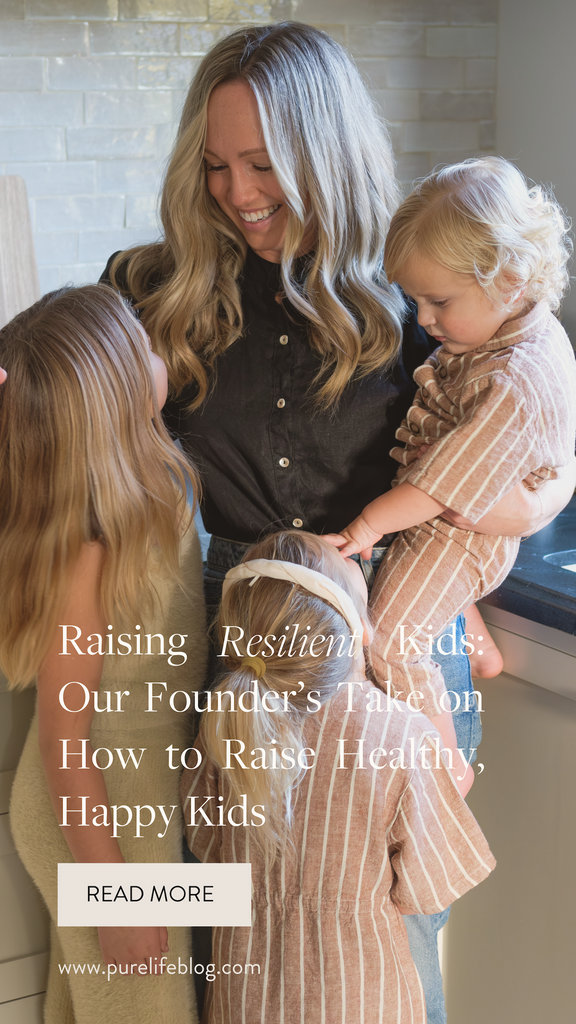


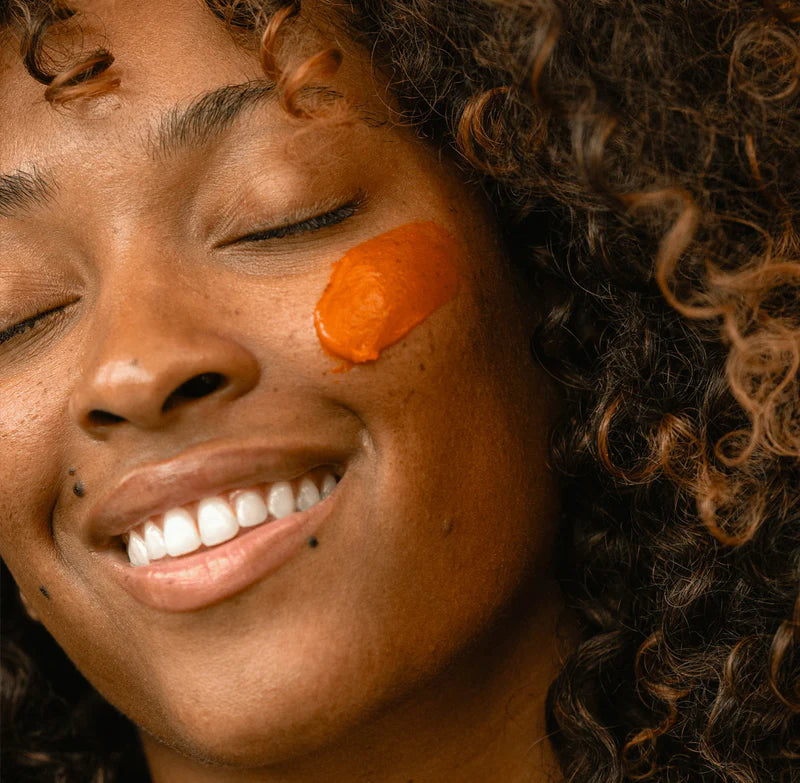


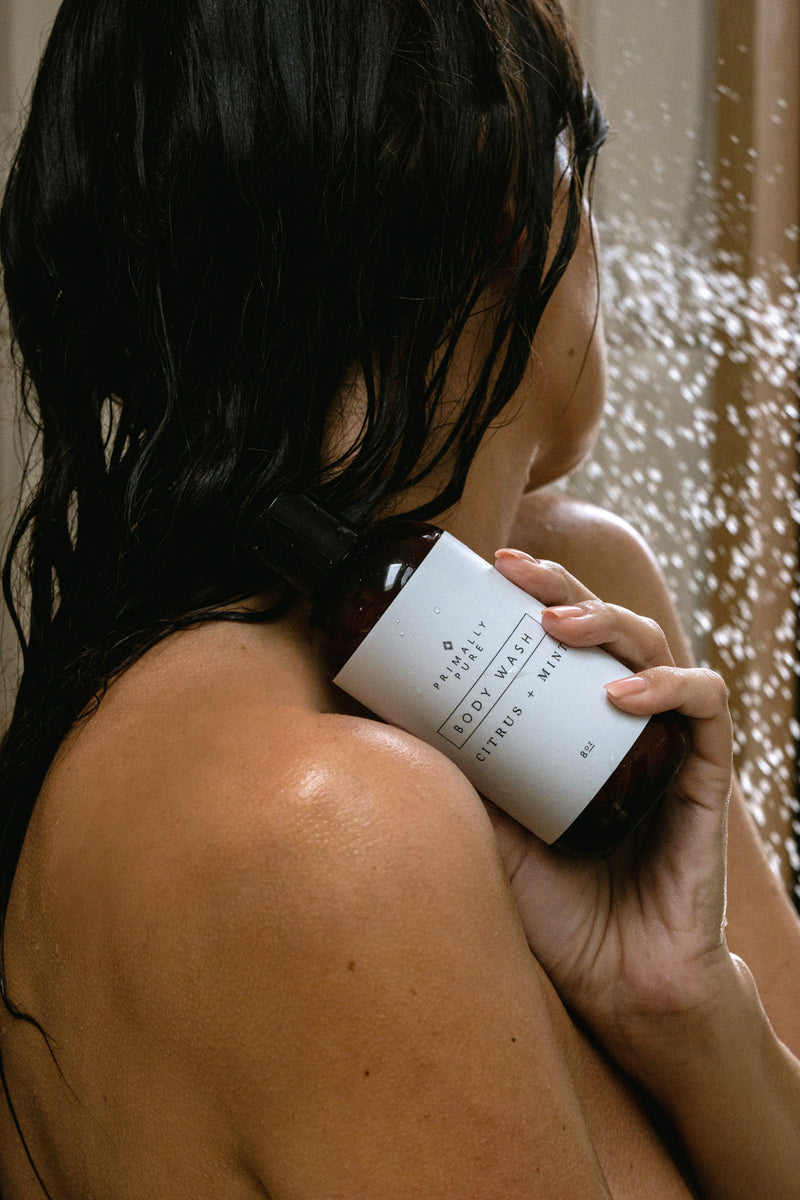

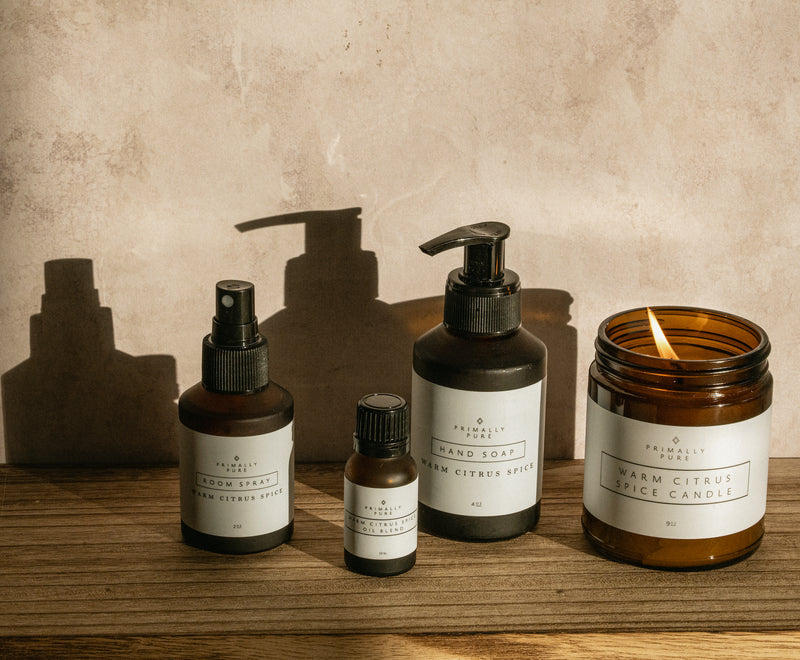

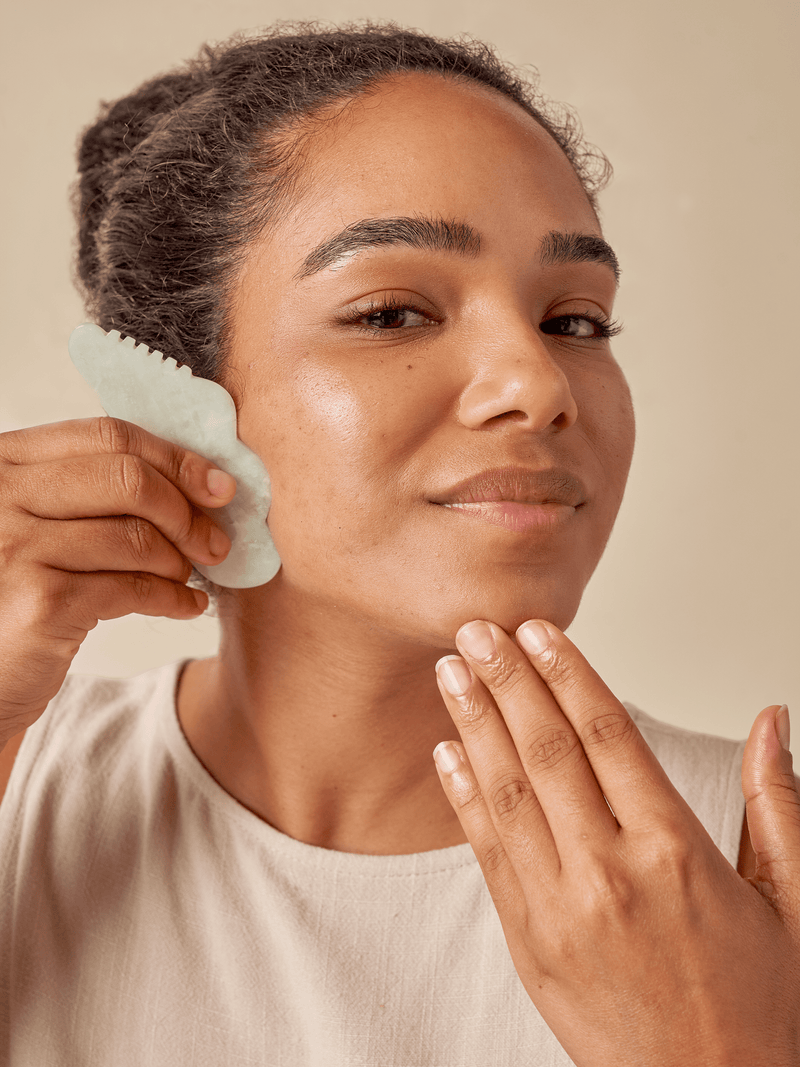
Leave a Comment